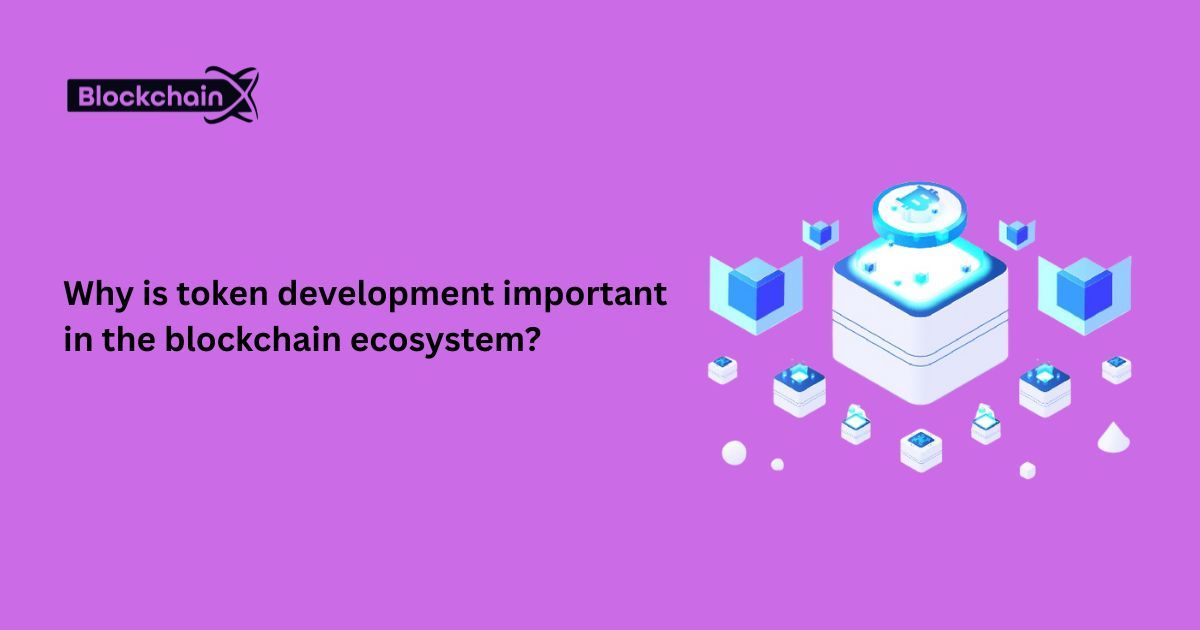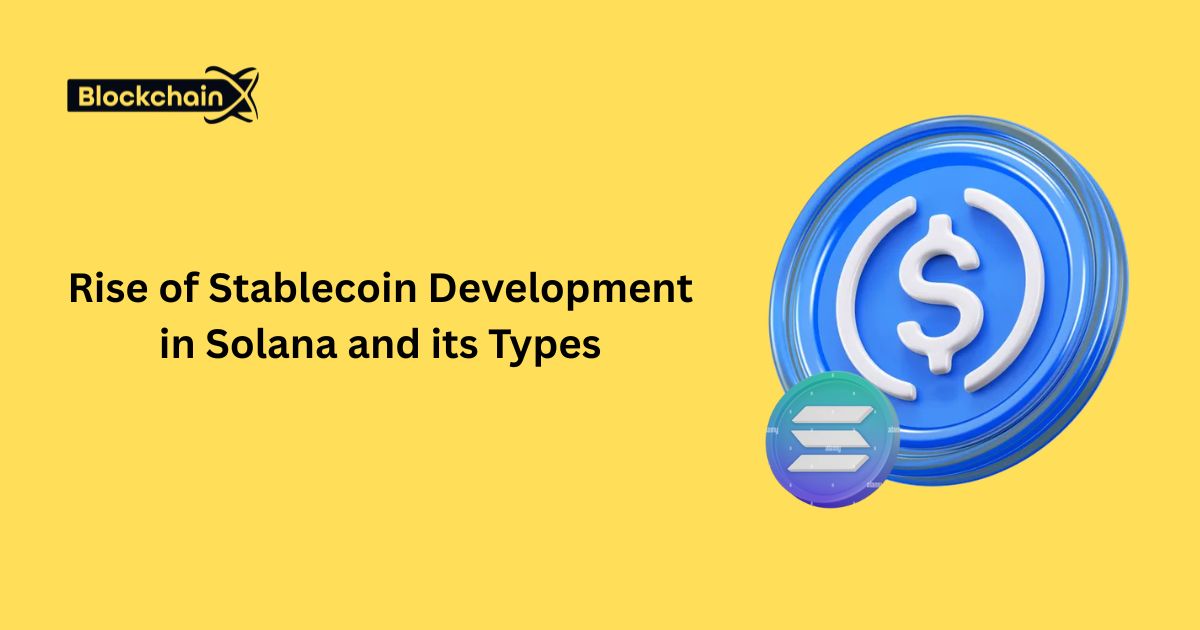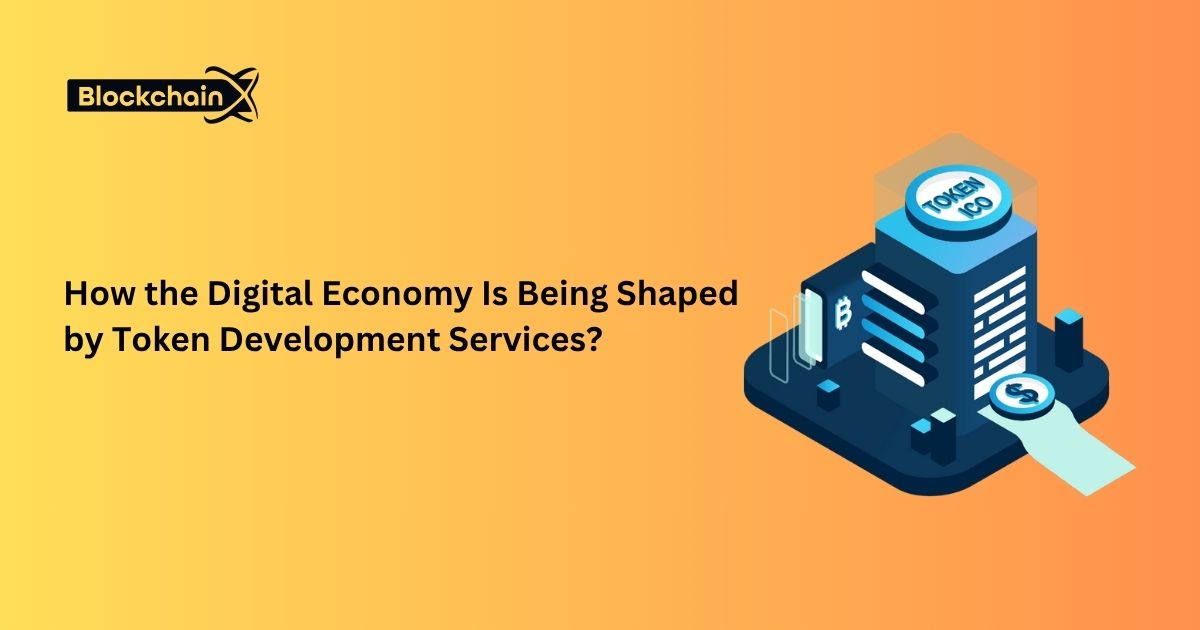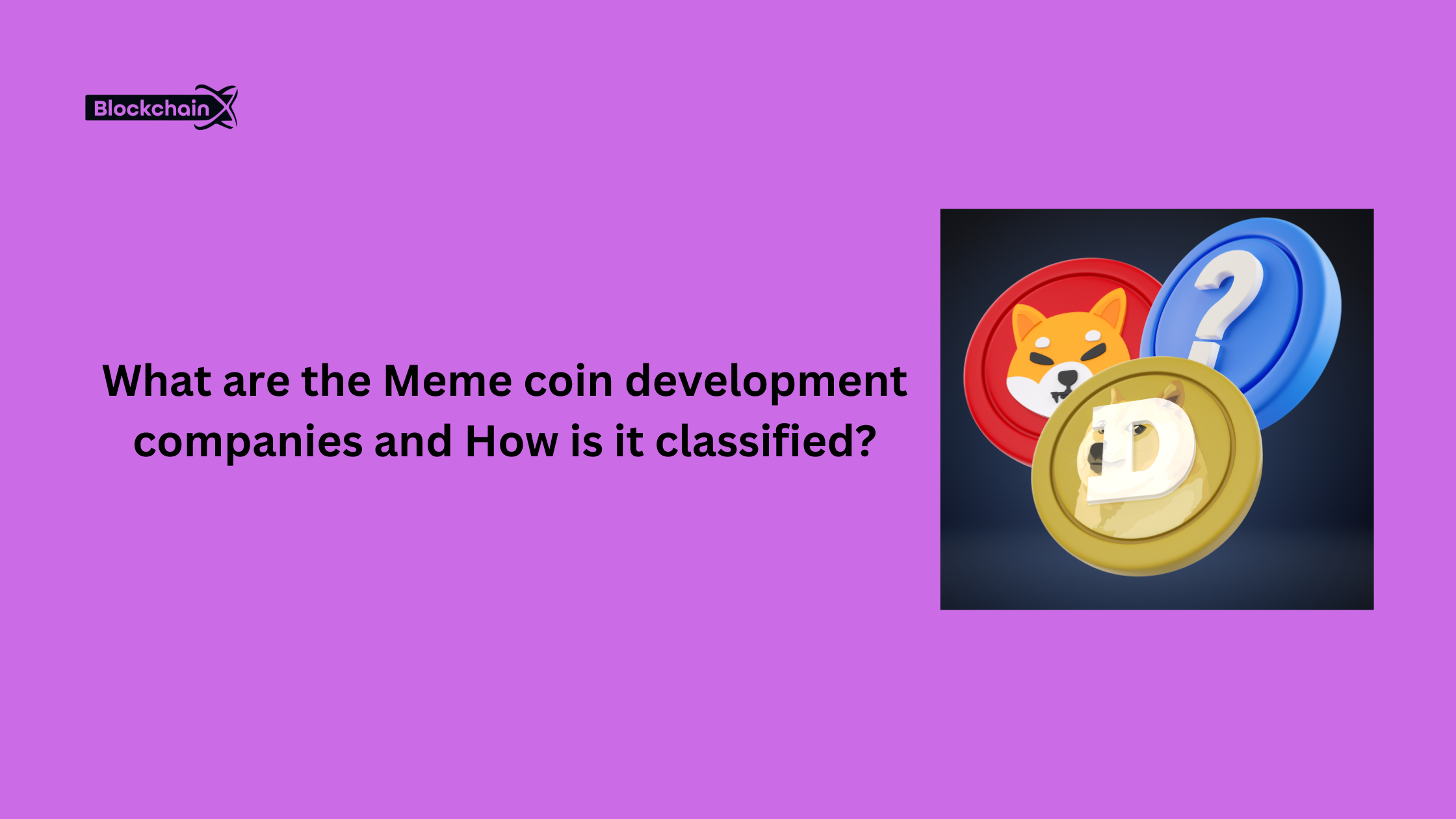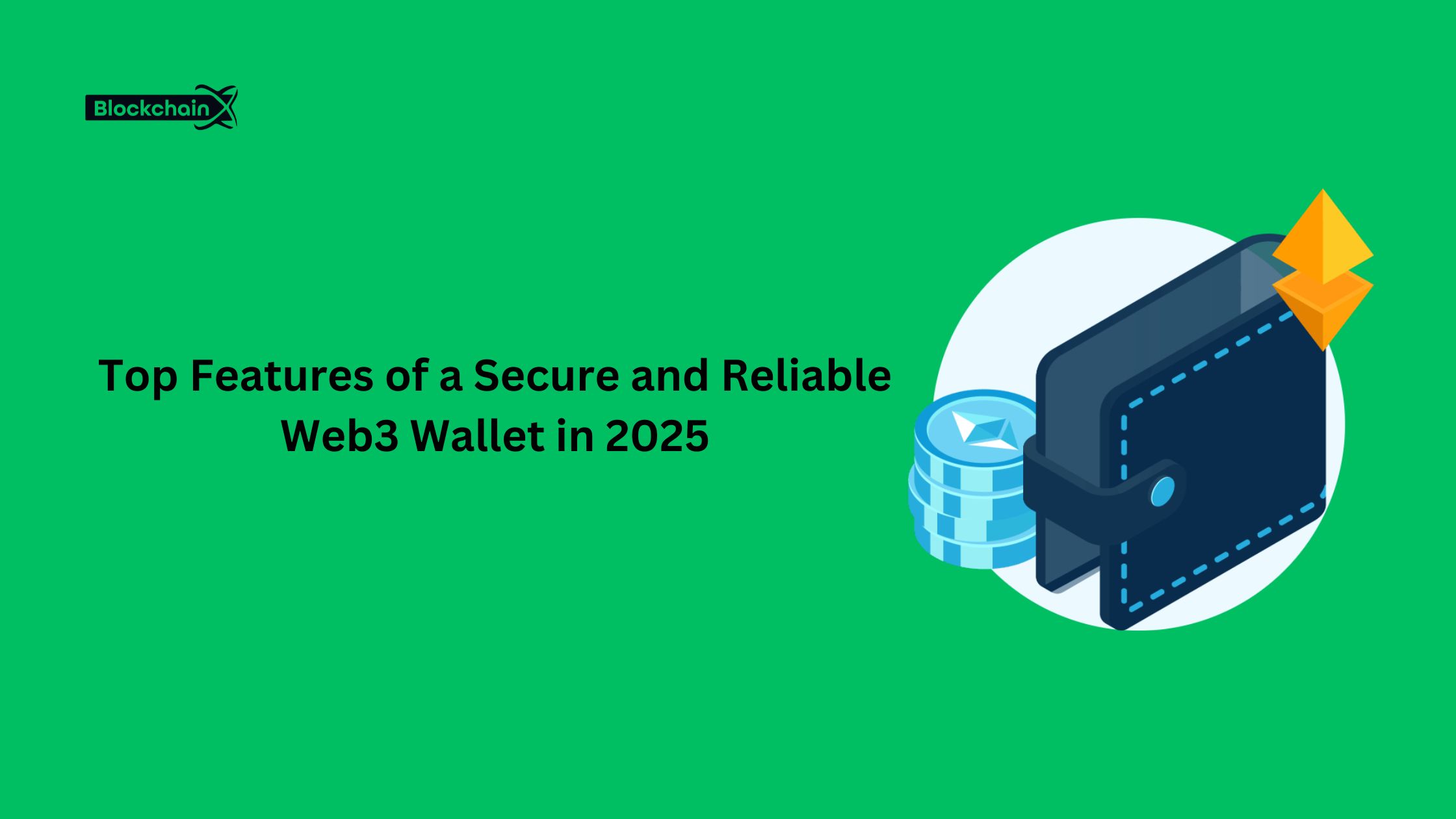The Evolution of Token Development Services Over the Years
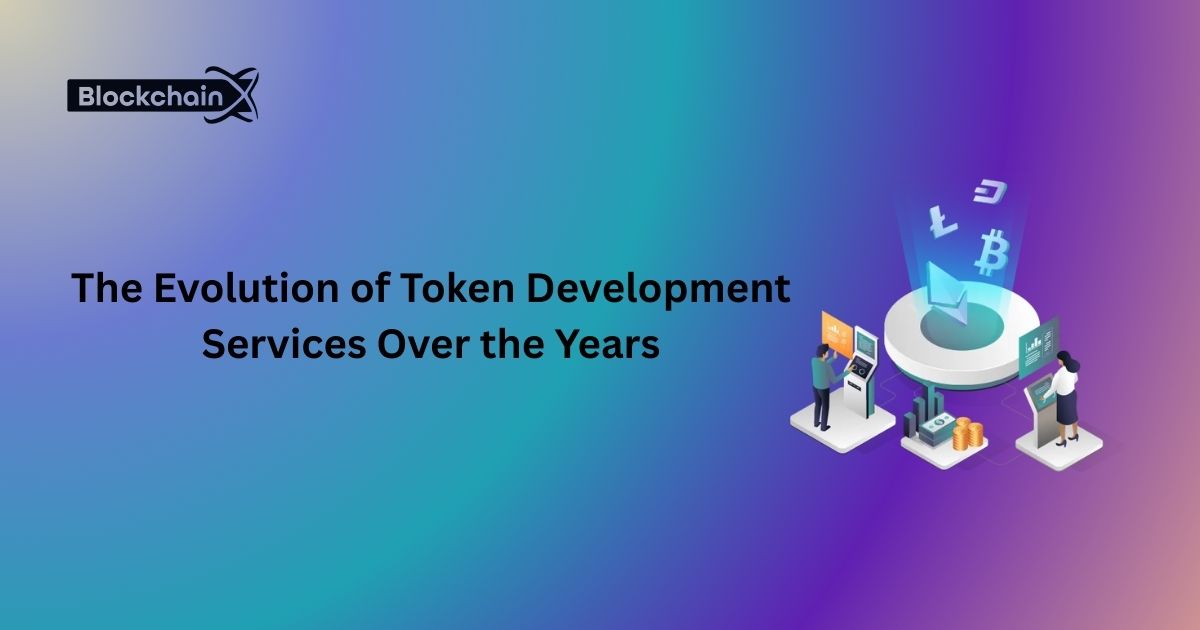
Strong 8k brings an ultra-HD IPTV experience to your living room and your pocket.
Introduction
The landscape of cryptocurrencies has changed drastically since Bitcoin emerged in 2009. A niche experiment in digital currency has morphed into a multi trillion dollar ecosystem with a vast amount of use cases reaching from DeFi and NFTs and many other applications. At the heart of many such innovations lie crypto tokens, and their rise means exponential growth in demand for token development services.
Hence, how have token development services evolved through the years? In this blog post, we will go deep into elaborating on what crypto tokens are, why it is important to understand their development processes, how the service industry has evolved, and how the future might look.
What is a Crypto Token?
A crypto token is in essence a digital asset sitting on top of an existing blockchain, with the Binance Smart Chain and Ethereum networks being the most popular choices upon which to build. Unlike Bitcoin or Ethereum, having their own blockchain upon which they run, tokens utilize already existing infrastructure and smart contracts with the intention to serve certain purposes. They could represent anything from being a virtual currency, share ownership, voting rights, and access to features on a platform.
Tokens are usually created using some sort of predefined standards as set forth by ERC-20, ERC-721, BEP-20, and others. Such standards would set forth the rules that govern token behavior, how tokens are transferred from one party to another, and ways in which smart contracts could interface with them.
Importance of Understanding Token Development Services
As blockchain adoption increased, many major companies and various startup enterprises started wondering about token creation on their own. However, a token that is secure, efficient, and scalable is anything but simple, requiring much more consideration than coding alone.
Token development services typically offer the following:
- Smart contract development
- Selection of token standards (ERC-20, BEP-20, etc.)
- Auditing and security testing
- Tokenomics design
- Deploying on testnet or mainnet
- Integration into wallets and exchanges
By recruiting such token development services, businesses will ensure that their token is both technically flawless and legally and economically sound.
Evolution of Token Development Services Over the Years
Token development services journey can be divided into multiple significant eras:
Early Days (2013 – 2016)
Before Ethereum launched, to create a new crypto asset usually meant forking Bitcoin’s codebase. This was technically challenging and limited to a few developers. Token development was manual, inconsistent production, and lacked any standards.
Ethereum & ERC-20 (2015 – 2017)
With the launch of Ethereum, token development entered its revolution phase. Now, using smart contracts, developers could launch tokens on-chain without first creating a separate blockchain. When the ERC-20 standard came into being in 2015, it further streamlined conversion of tokens to fast, secure, and easy. As a result, ICOs began to disappear in large numbers; in 2017 alone, hundreds of tokens were created.
The ICO Era's Growth of Development Agencies (2017–2018)
The demand for token development rose with the spurt of ICOs, thus giving rise to dedicated token development companies offering solutions from start to finish, including white paper writing, marketing, and legal counseling. This boom also gave rise to scams and poorly constructed projects, underscoring the need for smart contract audits and professional supervision.
Token Standard Diversification (2018–2020)
Other standards, such as ERC-1155 (multi-token standard) and ERC-721 (non-fungible tokens), started to appear outside of the ERC-20 domain. The tokens stopped being mere fundraising tools and started being integral to games, art, supply-chain, and governance systems. Accordingly, token development services had to be set up so as to provide cross-chain compatibility, DeFi integration, and NFT minting platform services.
Maturity Era (2021-2024)
With this phase, speculation gave way to real-life applications. Security was paramount, so it became de rigueur to audit the services. The token was designed with legal compliance that is, with the SEC in mind. By promoting the swift prototyping and launch of tokens, low-code and no-code tools like TokenMint and Moralis eased the entry.
How Far Token Development Has Come?
From a mostly manual developer-oriented process, token development was engineered into a streamlined modular services industry. Currently, services provide:
- Pre-audited smart contract templates
- Multi-chain deployment (Ethereum, BSC, Solana, Avalanche, etc.)
- Full-stack dApp integration
- Regulatory advisory
- DAO infrastructure and governance modules
In terms of UX, a tremendous leap has been made. Users can now smoothly engage with tokenized systems via Web3 wallets and mobile apps-a feat that was almost unreachable just some few years back.
Predicting the Future of Crypto Tokens
Notable trade names will be allowed on the highway of new era token creation, so also must it include real-world asset tokenization, interoperability, and AI integration.
- Data-driven AI-generated smart contracts are designed to optimize tokenomics.
- Tokenized IDs tied to self-sovereign credentials
- Fractional ownership in everything from artwork to carbon credits
- Regulated token offerings (RTOs) in compliance with national legislation
- Cross-chain tokens using LayerZero- and Wormhole-like interoperability protocols
Also, governments and traditional institutions may start using tokens for payroll, record keeping, and digital voting.
Final Thoughts
The growth of the blockchain industry is reflected in the evolution of token creation services. From the early days of coding bespoke coins to the current full-service firms and automated platforms, token creation has become more convenient, secure, and business-oriented.
With crypto spreading further into mainstream sectors, tokens will become the fundamental infrastructure of digital economies, rather than speculative instruments, but indispensable tools for innovation and ownership. Whether you're a startup, a creator, or a global business, grasping the past and future of token development is critical to mapping out this new territory.
Note: IndiBlogHub features both user-submitted and editorial content. We do not verify third-party contributions. Read our Disclaimer and Privacy Policyfor details.



